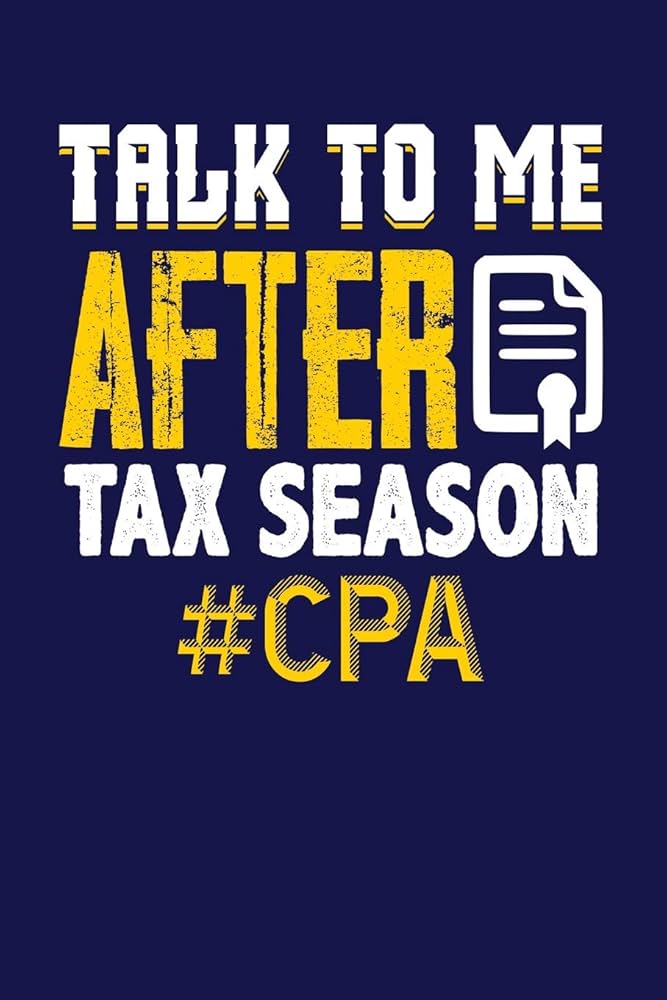
Tax season is one of the most intense periods for accountants. The long hours, constant client communication, and the immense pressure to meet deadlines make it a marathon of focus and endurance. Once it’s over, many accountants might be tempted to take a well-deserved break. While rest is undoubtedly essential, things accountants need to do after tax season can’t be neglected once the rush has passed. Taking the right steps after tax season helps you prepare for the next one, strengthens client relationships, and enhances your practice. Here are five essential things accountants should do post-tax season.
Reflect on the Season’s Successes and Challenges
After tax season, one of the most valuable things you can do is take time to reflect on how things went. Evaluate what worked well and where there’s room for improvement. Were your processes streamlined, or did you encounter bottlenecks? Did your team face challenges with communication or workload? Document these insights while they’re fresh in your mind. This reflection will help you make necessary adjustments, whether that’s implementing new technology, hiring more staff, or modifying your approach to client management. Consider holding a debrief session with your team to gather input from everyone involved.
Strengthen Client Relationships
While tax season is over, your clients still rely on you for guidance and support. One thing that accountants need to do after tax season is follow up on any outstanding matters and offer advice for the future. You might recommend tax-saving strategies, suggest adjustments to their financial planning, or ensure that their records are updated and ready for the following year. Staying engaged with clients outside of tax season keeps you at the top of your mind and solidifies your reputation as a proactive and reliable advisor.
For business clients, this is a perfect opportunity to provide value-added services like payroll management, financial analysis, or consulting on business operations. These services can generate consistent revenue and deepen your relationship with clients year-round.
Invest in Continuing Education
Tax laws are ever-changing, and staying updated is crucial for an accountant. Once the tax filing deadlines are behind you, it’s time to focus on sharpening your skills and expanding your knowledge. There are several things accountants need to do after tax season to increase their compliance knowledge. Look for opportunities to earn Continuing Professional Education (CPE) credits, attend webinars or conferences, or enroll in certification programs to enhance your expertise.
This is especially important if new tax legislation has passed or is anticipated. By getting ahead of the changes, you can offer even better advice to your clients next year and position yourself as an expert in evolving regulations. Continuous learning can also open doors to new service offerings, which can help you stand out in a competitive market.
Organize and Archive Tax Records
Tax season tends to leave behind a mountain of paperwork, both physical and digital. Once the dust settles, it’s crucial to dedicate time to organizing and archiving these records. Maintaining well-organized files isn’t just about staying compliant; it makes your workflow much more efficient in the long run.
Create a system for both current and archived files that allows easy access for you and your team. This will come in handy when clients reach out with questions or in case of audits. Additionally, consider adopting cloud-based storage solutions if you haven’t already. Not only do they offer security and backup, but they also streamline document retrieval, saving you time during the next tax season.
Plan for Off-Season Revenue Streams
While tax season is undoubtedly the busiest time of year for accountants, there’s plenty of work to be done in the off-season. Rather than seeing the post-tax season as downtime, consider what additional services you can offer to keep your business thriving. Financial planning, payroll processing, bookkeeping, and business advisory services are just a few options that can generate revenue year-round.
By offering these services, you can maintain steady cash flow and continue adding value to your clients. Planning for these services now allows you to market them effectively and position yourself as more than just a tax expert but as a holistic financial advisor.
Final Things Accountants Need To Do After Tax Season
Tax season may be the pinnacle of an accountant’s year, but what happens afterward can be just as important. By taking the time to reflect on your performance, nurture client relationships, expand your education, and organize your files, you’re setting yourself up for continued success. Moreover, diversifying your services during the off-season ensures that your practice remains profitable and relevant year-round. Ultimately, post-tax season is a time for growth and preparation—use it wisely, and the rewards will follow in the seasons to come.
For some more post-tax season fun, visit the links below:
5 Things Accountants Need To Do After Tax Season
Top 5 Halloween Costumes for Accountants: Balancing Spreadsheets and Spookiness!
